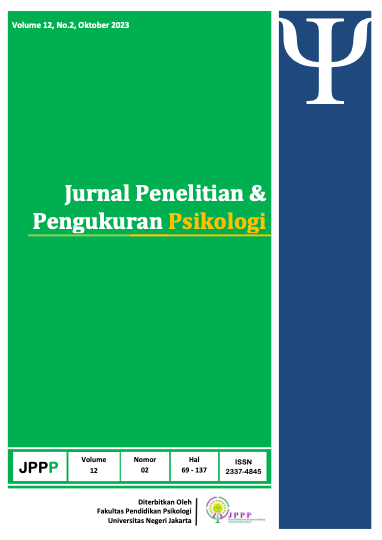Indonesian Version of Work Readiness Scale Development on Contract Employee
DOI:
https://doi.org/10.21009/JPPP.122.04Keywords:
Work readiness, Employee, Contract, Scale, SelectionAbstract
In industries and organizations, there are two types of employees: permanent and contract. Permanent employees have advantages like higher abilities, stronger commitment, job satisfaction, and innovative behavior. On the one hand, many contract employees in Indonesia insist on being permanent employees. However, in reality, institutions in Indonesia need help in converting their contract employees into permanent employees. Considerations of commitment and the costs involved, as well as doubts about the readiness of contract employees to work, become issues in this matter. There is a need for proper selection to assess the readiness of employees to predict their capabilities in work. Therefore, this study aims to develop a work readiness measurement tool suitable for Indonesia. Using a quantitative method, the development of this measurement tool involves five stages: conceptualization, construction, testing, item analysis, and measurement tool revision. The participants involved in the study were 320 contract employees, resulting in a 24-item Work Readiness Scale. The coefficient α of the Work Readiness Scale for the 24 items was 0.864, while this measurement tool's goodness of fit analysis yielded CFI 0.95, RMSEA 0.06, IFI 0.95, and NFI 0.90. In conclusion, this measurement tool is generally reliable and valid.







